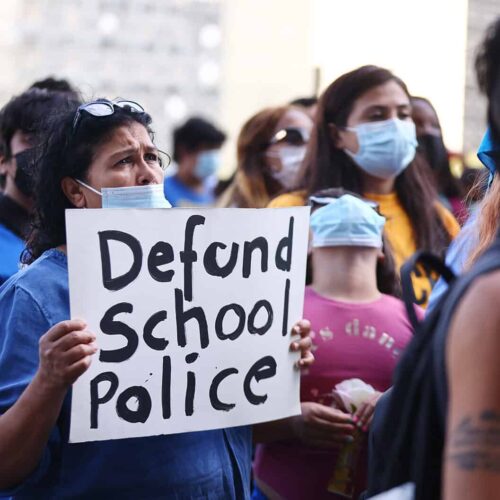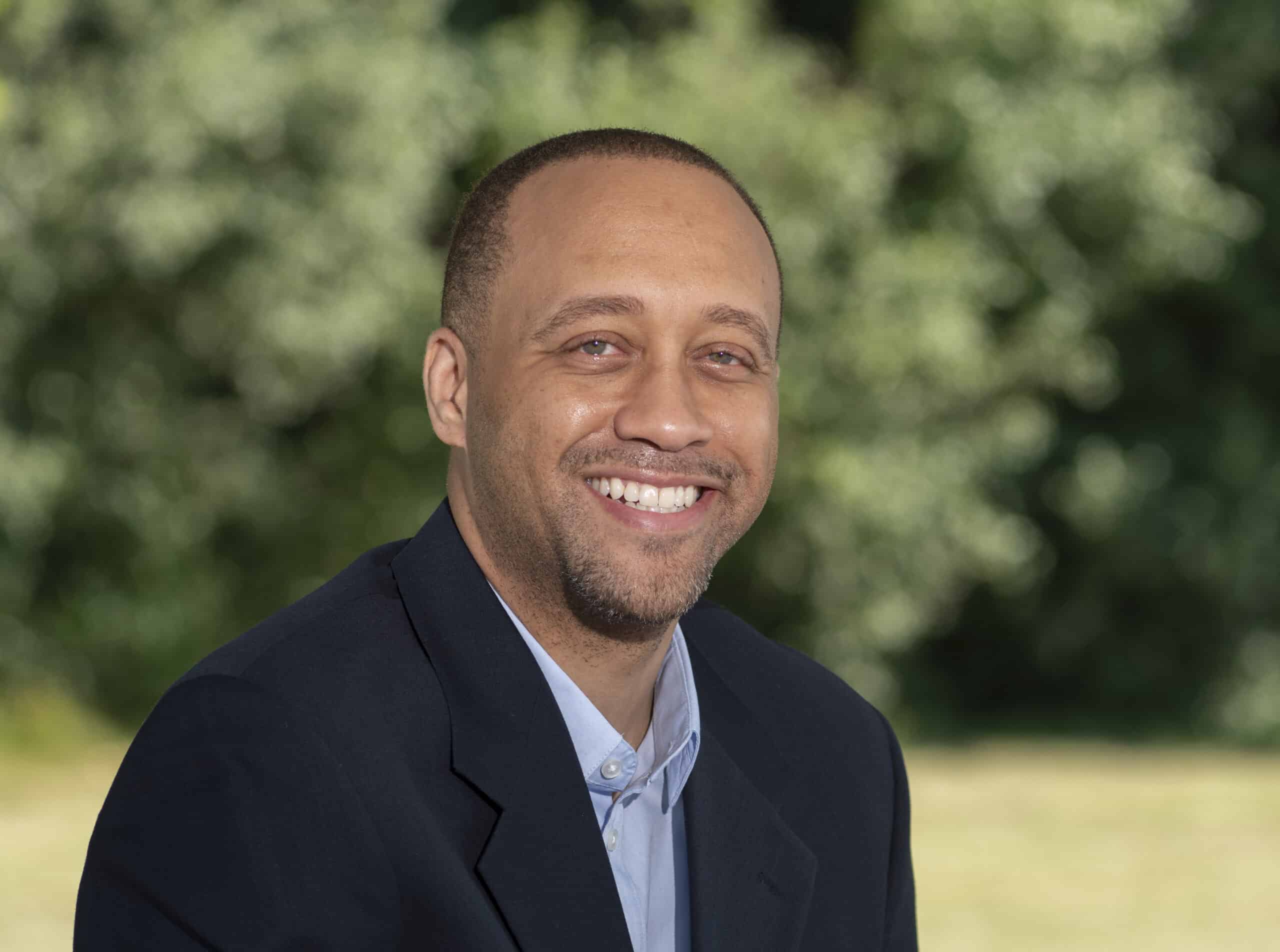Introduction
The numbers are troubling, the images and stories indelible.
Despite years of pressure on schools to stop policing students, we found that students continue to suffer from encounters with law enforcement in communities big and small.
In Maryland’s largest school district, police body camera footage captured an officer handcuffing a Black kindergarten student, telling the child that “these are for people who don’t want to listen and don’t know how to act.”
A Center for Public Integrity analysis of U.S. Department of Education data found that Black students and students with disabilities were referred to law enforcement at nearly twice their share of the overall student population.
“It’s important that we have this information and access to data so that schools are aware and monitoring this,” said Sarah Hinger, senior staff attorney with the American Civil Liberties Union’s Racial Justice Program. “The disparities, the persistence of this problem generally, is deep-seated like so many facets of racism and inequity in America.”
Referencing our latest investigation on school policing, the ACLU is renewing its push for public support of the Counseling not Criminalization in Schools Act, federal legislation that would divert billions in federal funding from school policing, freeing up those funds for schools to hire more mental health professionals and trauma-informed staff.
According to a 2017 ACLU report, more than 14 million students go to schools with campus police officers but no nurses, counselors, psychologists or social workers.
To help unearth disparities in law enforcement referrals in some of those communities, we collaborated with newsrooms across the country.
Our reporting partners at the Cobb County Courier in Georgia investigated the case of a 13-year-old autistic student who was referred to juvenile court on felony charges without his family’s knowledge. The Cobb County school district is now facing a state investigation.
In Connecticut, CT News Junkie found dozens of schools where students with disabilities represented a disproportionate share of law enforcement referrals, raising alarm among disability rights advocates.
Nearly 230,000 students nationwide were referred to law enforcement during the 2017-18 school year, with roughly a quarter of those referrals leading to arrests, our analysis of federal data revealed.
“Too often, police are called upon and brought in because it’s a visible, seemingly quick response for a sense of reassurance, even if it’s a false sense,” Hinger said. “We need to shift away from spending education funding on things that don’t make schools safer and actually harm kids.”
Corey Mitchell is a senior reporter at the Center for Public Integrity. He can be reached at cmitchell@publicintegrity.org. Follow him on Twitter at @C_C_Mitchell.






Join the conversation
Show Comments